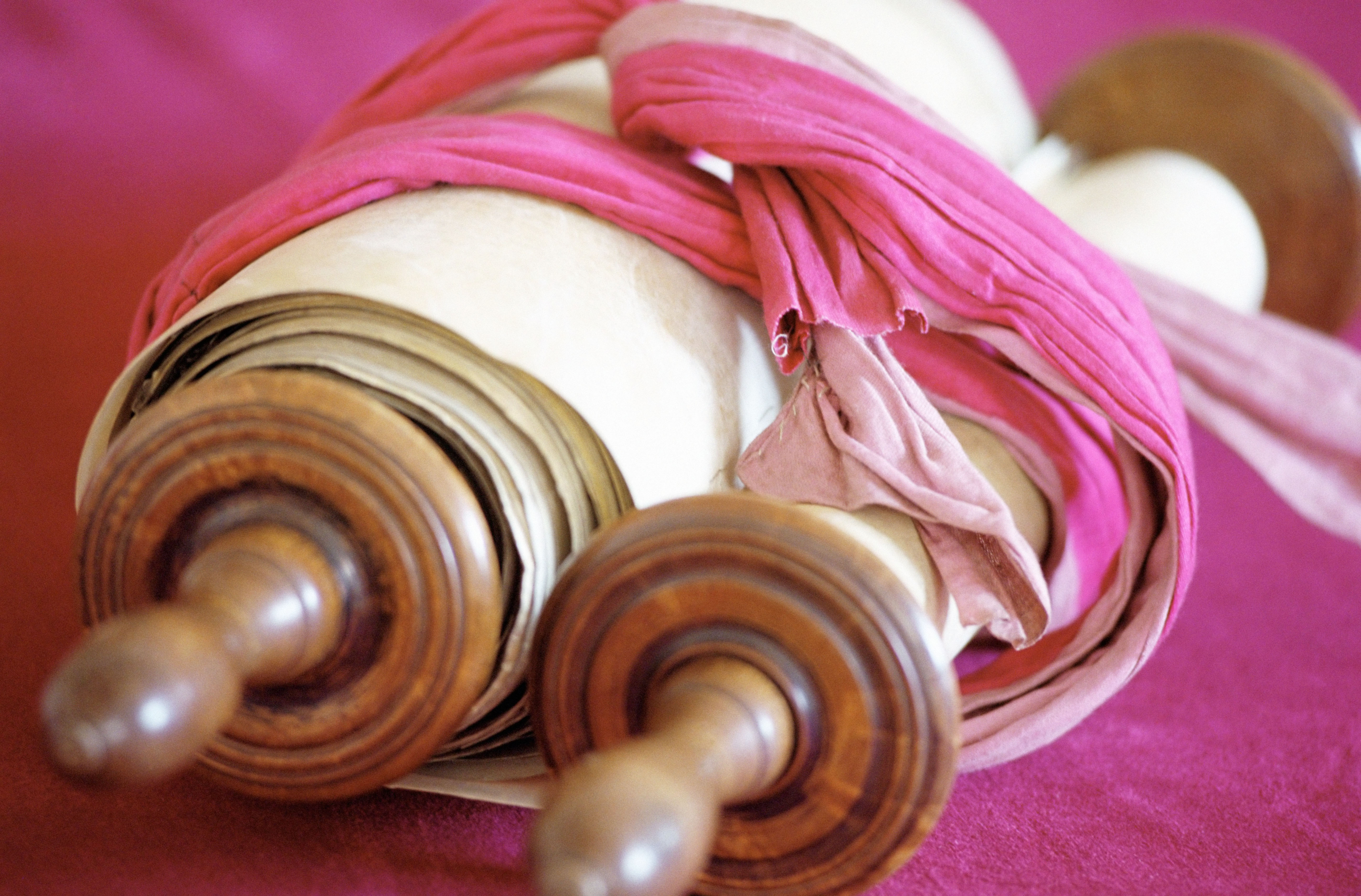
What do we do when we approach a crossroads in our lives? These moments define us. Often the path is not clear and we are unsure of what challenges or opportunities lie ahead. Anticipation, uncertainty, and excitement inhabit our consciousness. Will I make a good decision for myself and others? What would it be like if you were at the shore of the Sea of Reeds on that fateful day when the sea parted? Should we look ahead or behind?
In Parashah B’shalach, from the book of Exodus (13:17-17:16), our ancestors faced these same questions. The Israelites have left Egypt searching for liberation and freedom. G-d is apparent and involved in the journey, as well as the establishment of this new nation. He chooses the route and creates pillars of clouds during the day and fire at night to lead them in their journey. Their crisis of water, food, and protection from their enemies is resolved by G-d’s utter and complete commitment and kindness to Israel. Water is found in the wells, manna and quail appear from heaven, and G-d smites Pharaoh's army as well as Amalek, and Rephidim.
However, the pinnacle of the story takes place at the crossing of the Sea of Reeds. G-d has hardened Pharaoh’s heart and has caused him to chase after the Israelites he freed in hopes of returning them to slavery. His elite army is quickly approaching. The Israelites are standing on the shores of the sea. They see their enemies gaining on them and there is no place to flee. G-d commands Moses to use his staff and hold it in the air. A miracle emerges as all watch the sea split. What should they do? Should they take a “leap of faith” and trust plunging forward toward the parted sea. Nahshon ben Amminadab (Aaron’s brother-in-law) takes the first steps toward the terrifying separated sea which causes others to follow. Miriam affirms the miracle that G-d has put before them. Hope, joy, and the liberation of the people could only have happened through G-d. Now Miriam becomes a heroine, not waiting for others to take the lead, but glorifies G-d’s miracle by singing, playing drums (timbrels), and dancing. Her voice will be heard by others, and they join her. She becomes an influencer.
Miriam, much like our women leaders today, rose to meet the challenges with hope, focusing on the future. They do not wait for others to go first but lead others to be contributors of G-d’s purpose. Women of Reform Judaism (WRJ) and their members are our “Miriams,” moving forward to work with G-d to do tikkun olam, repair the world. For over a hundred years, WRJ has given us the chance to raise our individual voices and combine with others to be the most effective. We advance women’s leadership and push for equality in Jewish life. We have been at the forefront of many social justice and critical issues. WRJ has been a supporter of children’s rights and education, environmental sustainability and climate change, global health, and economic justice. We have advocated for human rights, International Jewry, Israel, and global affairs as well as labor rights. WRJ is the promoter of pay equality, women’s rights, reproductive rights, and women’s health issues. Our work is impressive, expansive, and very much needed. The individuals who have engaged in WRJ’s work are “our Miriams,” hearing the call to lead and help improve the world.
Just like Miriam and WRJ, do we rise to meet the challenges with hope, focusing on the future? How do we meet the challenges before us in a sea that is uncharted? Our emotions at this crossroad might range from excitement, doubt, guilt, joy, panic, fear, or terror. What you leave behind creates change and that is uncomfortable. Do we wait for others to go first? Doing what we have always done is so much easier. However, we know we are in the presence of G-d when we meet these crossroads with trust in what we are doing and the vision that lays ahead. Alas, finding a purpose might lead to innovations, creativity, and cause us to rejoice. We might find a new song to sing and glorify G-d’s blessings just like Miriam did at the Sea of Reeds. Once we have crossed the sea, we are transformed. So, is your “crossing” a call for social action, resolving an issue with a friend, seeking a new job, or facing a conflict? If it is, be a “Miriam” and rise up to meet the challenge, and focus on the future.
Sandi Firsel is a WRJ Board Member and member of Temple Chai Sisterhood Past President in Long Grove, IL.
Related Posts

Continuing to Educate and Empower People Together

My Challah-Making Experience


.png)